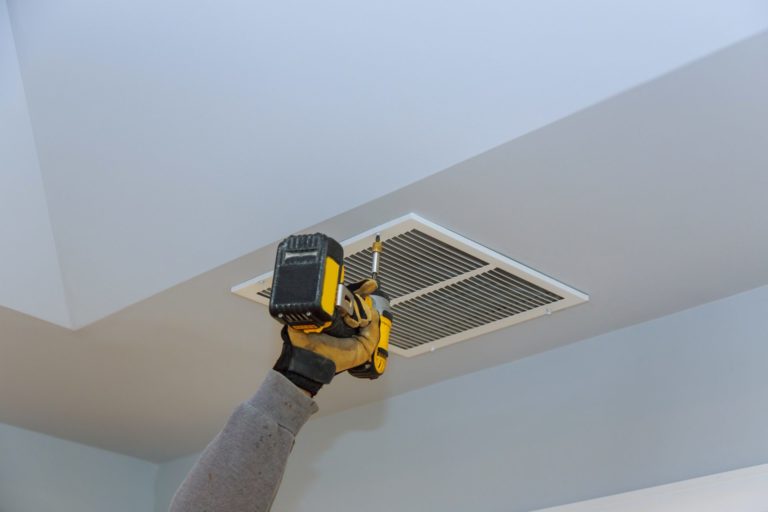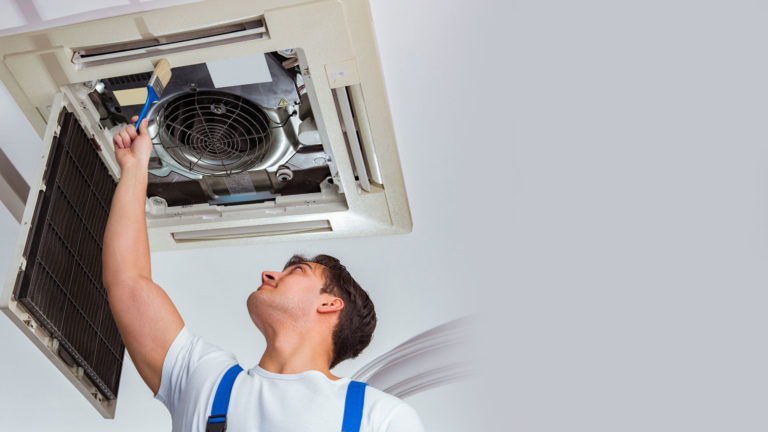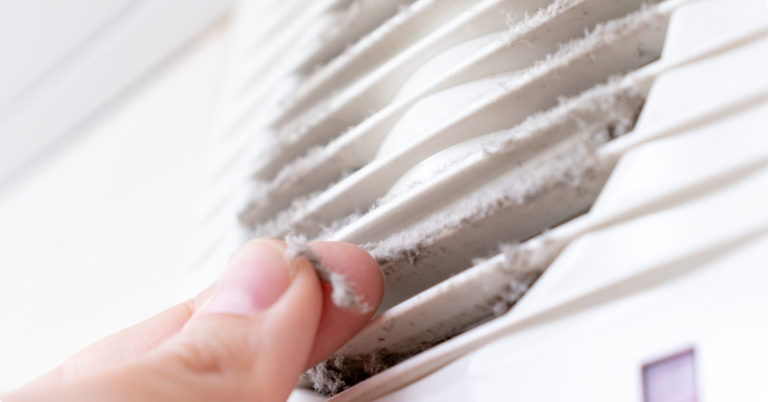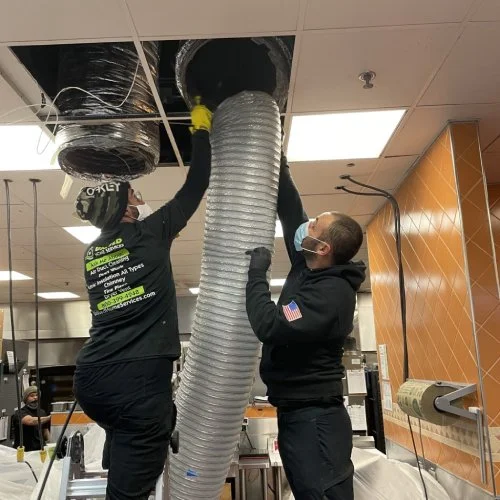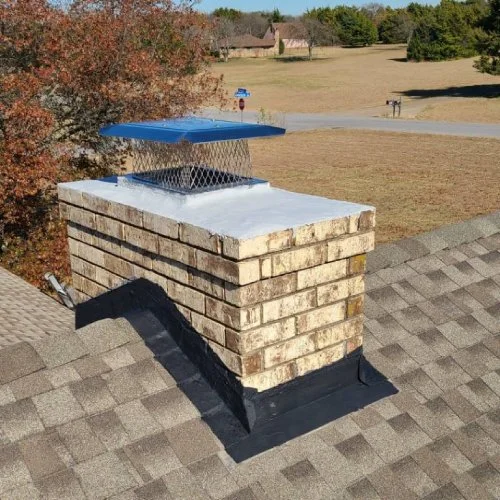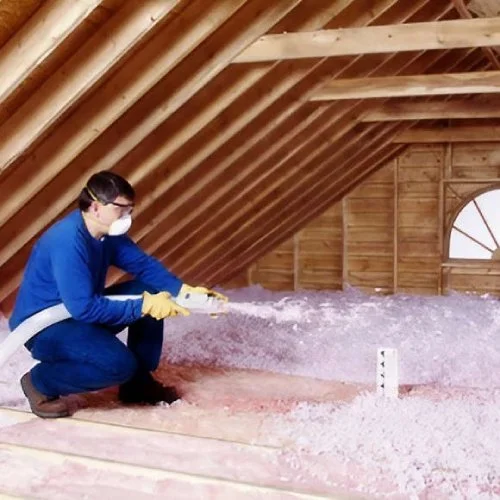Clean air ducts are crucial if you want your HVAC system to perform optimally. And it’s not all about the HVAC’s performance either; dirty air ducts mean your home’s indoor air quality is probably full of mold, mildew, dirt, and other contaminants.
This is especially important if you live in an area where the extreme heat causes you to use your air conditioner for the good part of the year.
But make sure you leave the air duct cleaning to certified and trained professionals. If you are considering cleaning them yourself, here are some reasons why that’s a bad idea.
3 Reasons Why Air Duct Cleaning Should Only Be Done by Professionals
Air ducts are an essential part of any HVAC system, and they require regular cleaning to maintain their efficiency and prevent health hazards to be safe, it’s always best to leave it to the professionals. In this article, we will explore the top three reasons why air duct cleaning should only be done by professionals.
Risk of Contamination
With the current COVID-19 pandemic going on, an emphasis on microbial proliferation mitigation has never been higher. Now, if you go on to remove the contaminants from inside the air ducts yourself, you’ll be further exposing yourself to dirt, dust, mold, and other toxins.
And it’s not like you can simply blow these pollutants out of the air ducts because that will simply push them deep inside your house. 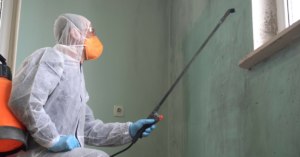
That’s why it’s recommended to find “air duct cleaning near me” because these professionals will have experience and special cleaning equipment to do the job effectively.
Clean Interior Parts
When you hire air duct cleaning professionals, they will clean out your air conditioning unit and furnace as part of the whole cleaning routine. This needs disassembling and then cleaning out all the inside parts of your HVAC system.
If you try to do this on your own without the expertise and right tools, you can end up damaging the delicate parts.
Access to Right Chemicals
If mold, mildew, and other bacteria are found in your air ducts, you would need really strong chemicals to completely remove them and make sure they don’t grow back quickly.
Unless you are a trained professional, you wouldn’t have access to these chemicals or the knowledge of how to handle them correctly. Trying to use these cleaning chemicals without experience can put your and your family’s health at risk.
Protect Your Health and Book an Air Duct Cleaning Today!
Listen, if you have been cleaning out your air ducts for years and can do it like a pro, congratulations. But if not, it’s better to trust the people who have received proper training and certification to do the job.
By scheduling regular air duct cleaning, you’d keep your home’s indoor air in the best shape. In addition, your HVAC system will be less likely to break down and have a longer life span. When you take care of the HVAC system, it will take care of you.
At United Home Services, our licensed HVAC technicians pride themselves on providing top-notch services swiftly and efficiently. We have over 20 years of experience in air duct cleaning, proper Air duct repair and installation, professional insulation installation, and many other essential home services. Call us toll-free at 800-399-4248 or simply use our online contact form to get in touch with us!
- Addison, TX
- Allen, TX
- Anna, TX
- Arlington, TX
- Balch Springs, TX
- Bedford, TX
- Benbrook, TX
- Blue Mound, TX
- Blue Ridge, TX
- Carrollton, TX
- Cedar Hill, TX
- Colleyville, TX
- Copeville, TX
- Coppell, TX
- Crowley, TX
- Dallas, TX
- Dalworthington Gardens, TX
- DeSoto, TX
- Duncanville, TX
- Euless, TX
- Everman, TX
- Fairview, TX
- Farmers Branch, TX
- Farmersville, TX
- Forest Hill, TX
- Fort Worth, TX
- Frisco, TX
- Garland, TX
- Glenn Heights, TX
- Grand Prairie, TX
- Grapevine, TX
- Haltom City, TX
- Haslet, TX
- Hurst, TX
- Hutchins, TX
- Irving, TX
- Josephine, TX
- Justin, TX
- Keller, TX
- Kennedale, TX
- Lancaster, TX
- Mansfield, TX
- McKinney, TX
- Melissa, TX
- Mesquite, TX
- Murphy, TX
- North Richland Hills, TX
- Plano, TX
- Princeton, TX
- Prosper, TX
- Red Oak, TX
- Rendon, TX
- Richardson, TX
- Rowlett, TX
- Sachse, TX
- Saginaw, TX
- Southlake, TX
- University Park, TX
- Watauga, TX
- White Settlement, TX
- Wylie, TX

